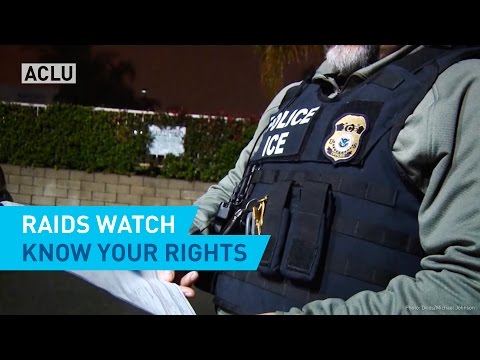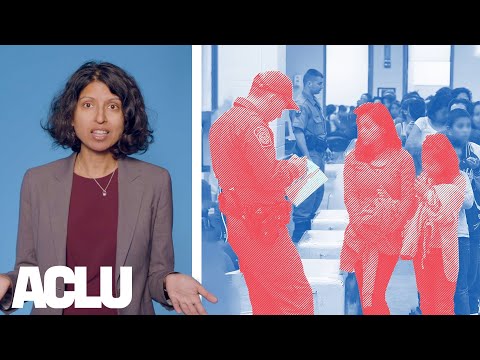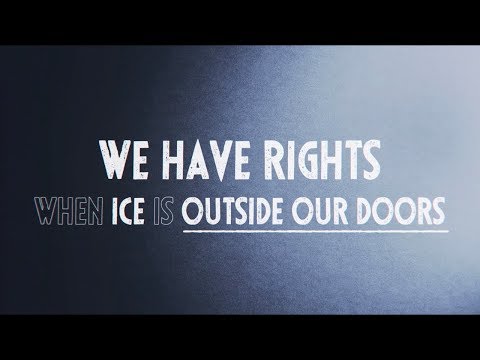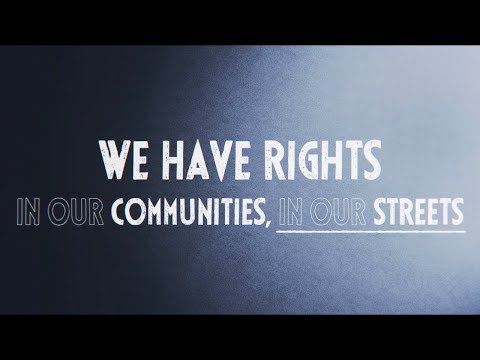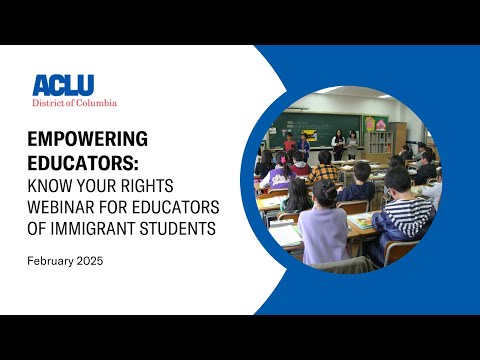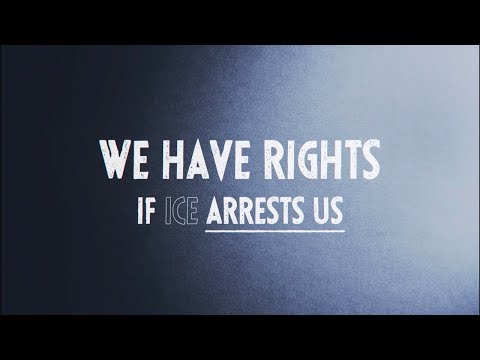Fiiri Bogga Webka ee Af-Soomaali
ဤဝဘ်စာမျက်နှာသည် မြန်မာဘာသာဖြင့် ရေးသားထားသည်။
Last Updated: January 22, 2025
Disclaimer: This document is intended for educational, civic, and advocacy purposes. Nothing on this website is intended as, or should be taken as, legal advice. Even if it sounds like legal advice, it is not legal advice for your particular situation because every situation is different. If you need legal advice specific to your situation, please consult a qualified attorney.
The second Trump administration is expected to implement sweeping immigration policies, including what could be the largest mass detention and deportation program in U.S. history. These policies are likely to target immigrant families and communities, increase enforcement measures, and weaken protections for non-citizens. Immigrants should prepare for significant challenges, such as:
- Increased deportations targeting individuals with final removal orders or criminal records.
- Restrictive asylum policies making it harder for refugees to seek protection.
- Chilling effects discouraging immigrant participation in public life due to fear of enforcement.
Regardless of your immigration status, you have guaranteed rights under the US Constitution. Understanding your rights and preparing for potential changes are critical steps towards protecting yourself and your community. Your rights include protections against unlawful searches and seizures, the right to remain silent, the right to speak to an attorney, and due process guarantees if detained or facing removal proceedings. Whether at home, in the workplace, or in public, knowing these rights and how to assert them is vital.
What to Expect under the Trump Administration
During the second Trump administration, significant shifts in immigration policy are expected. These changes may include reinstatement of a travel ban targeting countries previously listed under the first Trump administration, such as Iran, Nigeria, and Yemen. We may also see travel bans expanded to include other countries like China and India. Asylum protections are likely to face further restrictions, and programs like Deferred Action for Childhood Arrivals (DACA) and Temporary Protected Status (TPS) may be eliminated. Mass deportations are anticipated to focus on individuals with final deportation orders or criminal records, though legal challenges may delay these efforts. Protections for unaccompanied minors and families may be undermined, emphasizing the need for family safety planning and for individuals to be thoughtful about the documentation they carry. International students and workers should prepare for increased visa delays and background checks, and those traveling from affected regions are advised to return to the U.S. before the semester begins. Furthermore, policies that have historically limited some enforcement actions in protected areas and/or during protected activities may be revoked, despite the strong public policy reasons behind these policies. These include reducing trauma for children, enabling access to healthcare, and respecting the right to worship.
The Path Forward: Preparation and Community Power
Despite these challenges, there is hope and power in preparation. Legal organizations, mutual aid groups, and advocacy networks are more active than ever, offering resources to help immigrants navigate these uncertain times. Building a family emergency plan, connecting with rapid response networks, and staying informed about legal developments are key strategies. Agencies and workplaces, too, can support preparation by training staff, creating action plans, and clarifying policies and processes for employees and service recipients. The looming threats are real, but so is our power and resilience. Public outcry and grassroots organizing have proven to be effective in challenging harmful policies, as demonstrated by the reversal of the family separation policy.
Together, we can confront this moment. We can defend our values. We can assert our power. We can protect our community.
